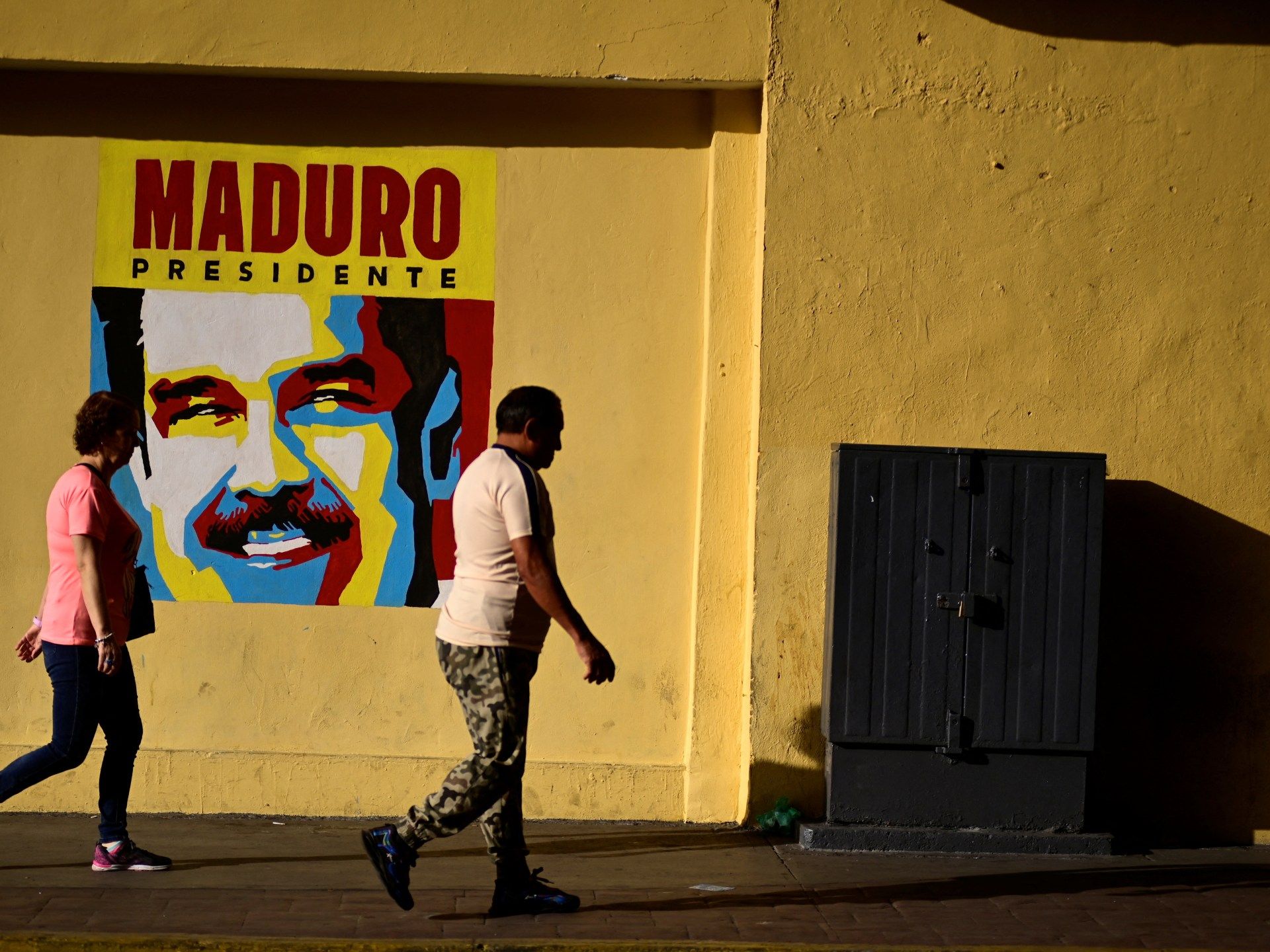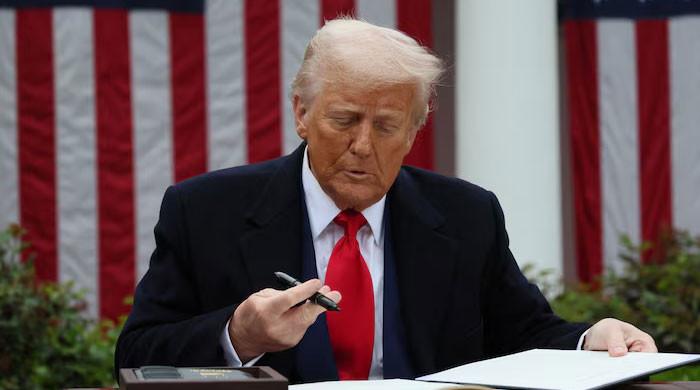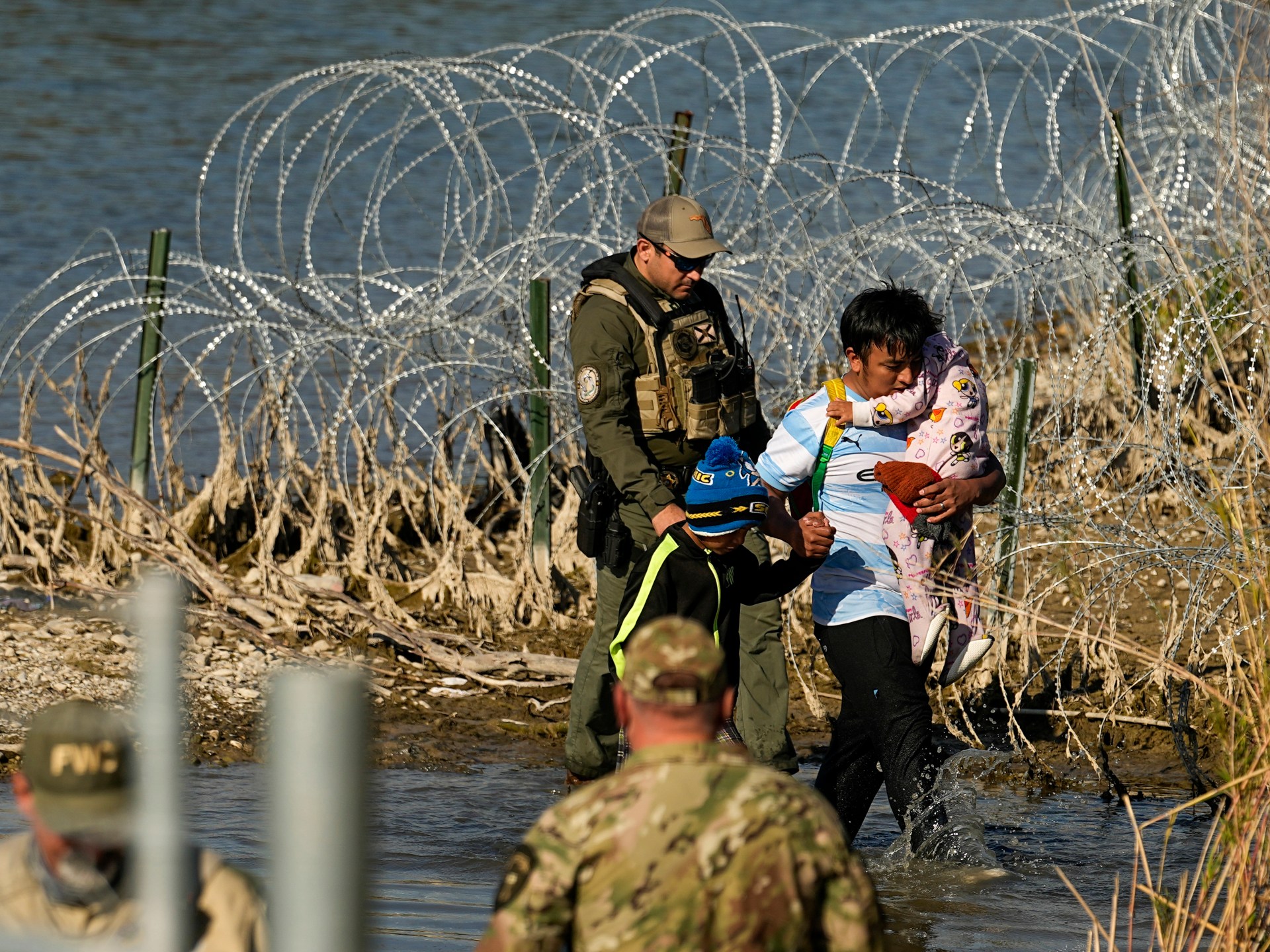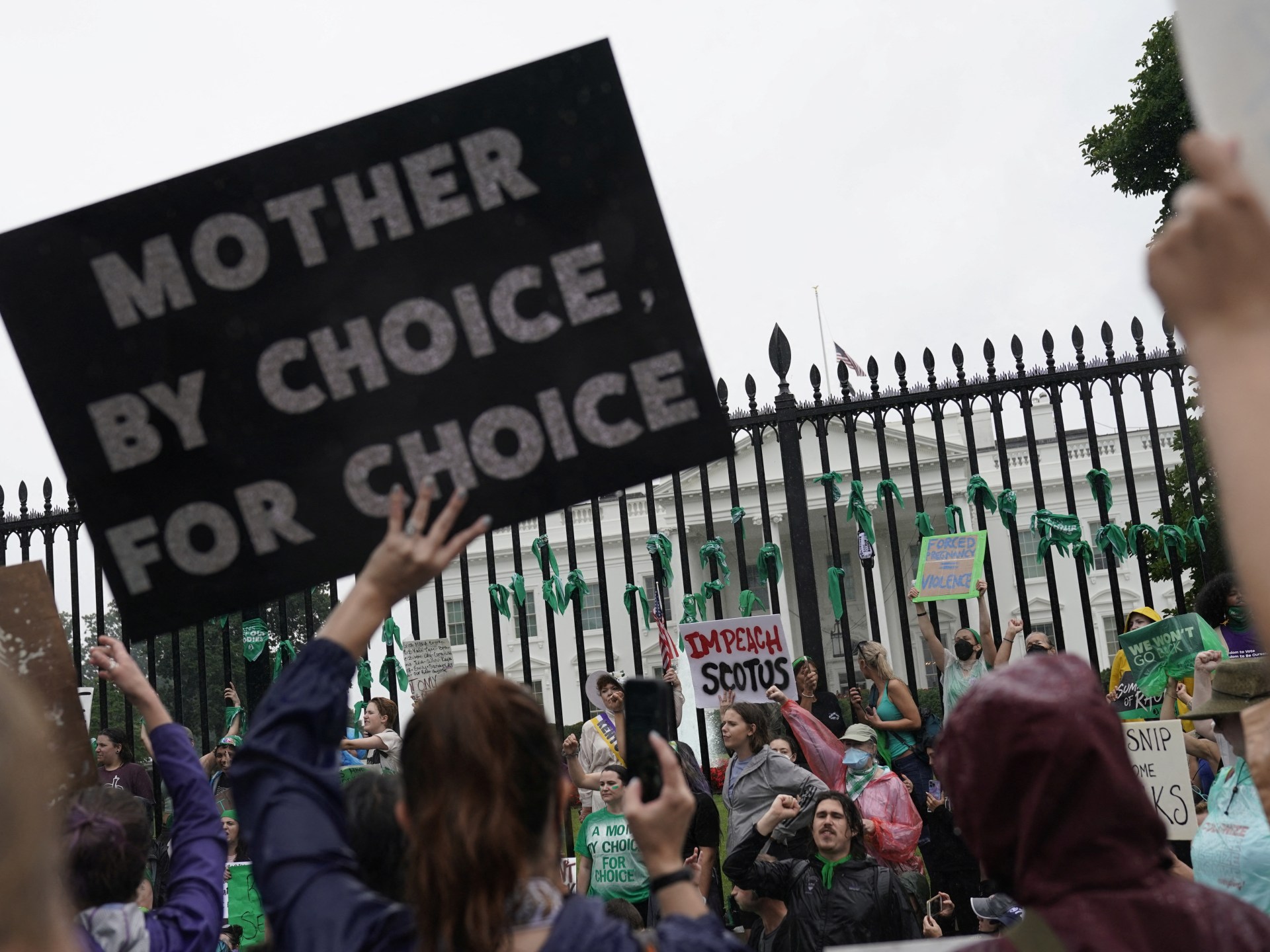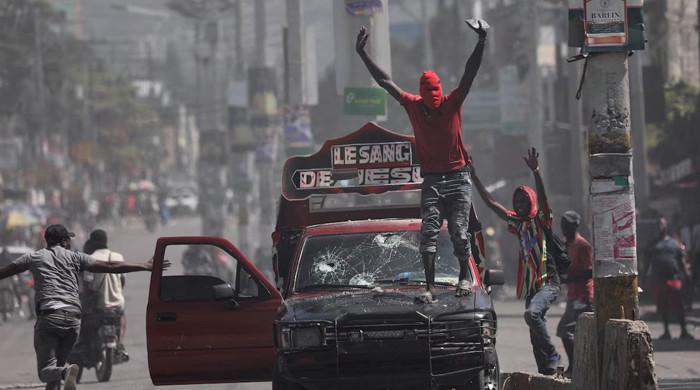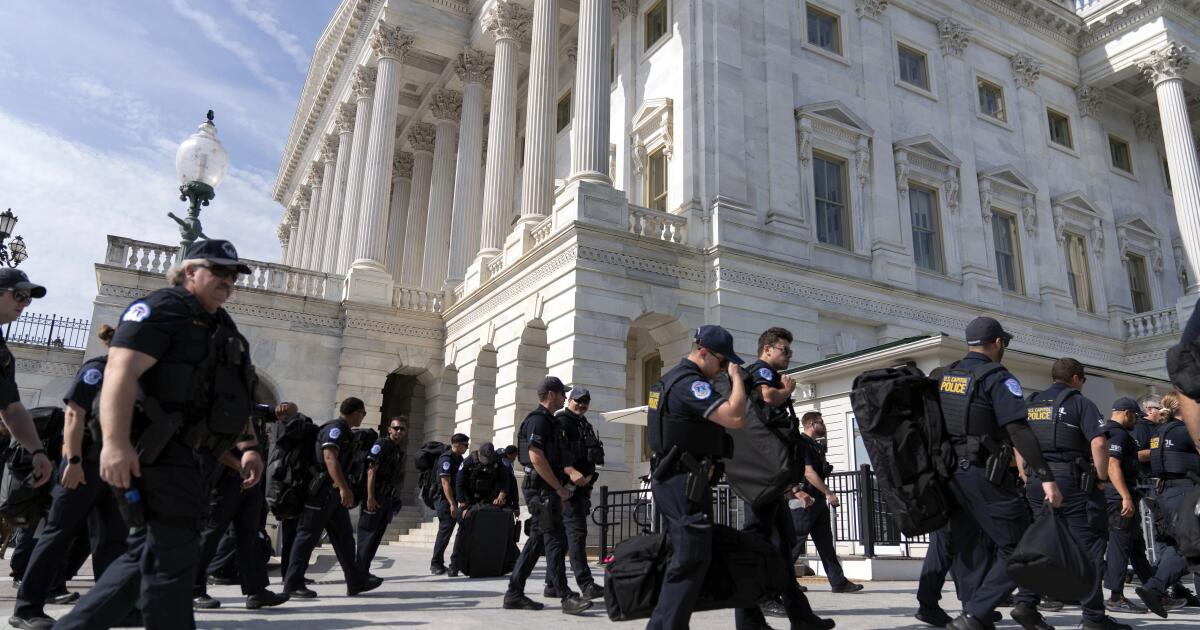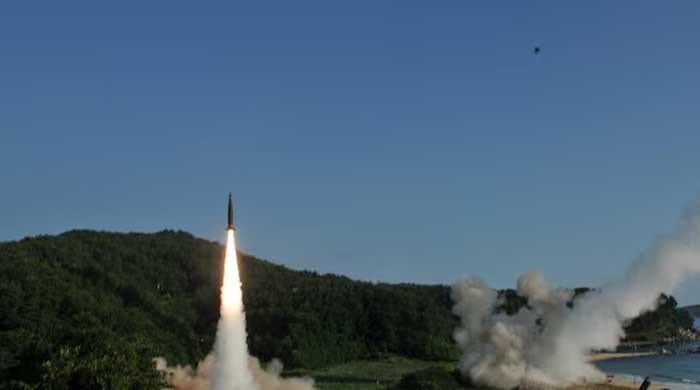The announcement comes as Venezuela faces growing diplomatic isolation following an election the opposition says was stolen.
Venezuelan President Nicolas Maduro's government has ended Brazil's authority to represent Argentine interests in the country, in the latest example of post-election tensions.
The decision would halt Brazil's management of Argentina's embassy in Caracas, which currently houses six Venezuelan opposition members seeking asylum.
In a statement Saturday, Maduro's government said the decision took effect immediately, arguing, without evidence, that assassination attempts were being planned inside the diplomatic facility.
Maduro and his allies have sought to crack down on opposition members following disputed presidential elections in July.
But Brazil hit back, issuing its own statement saying it would not relinquish its authority over the embassy. It also stressed that international law prevents local security forces from entering diplomatic premises without permission.
“In this context, the Brazilian government stresses, in accordance with the Vienna Conventions, the inviolability of the Argentine diplomatic mission's facilities,” the Brazilian government said in a press release.
Argentina had broken relations with the Maduro government and Brazil agreed to take over the embassy to continue representing Argentine interests in Venezuela. Brazil said it would continue to do so until Venezuela elects another government to oversee those responsibilities.
On Friday night, asylum seekers staying at the Argentine embassy posted on social media that the building appeared to be under surveillance and that the power had been cut off. Videos showed patrols by the government intelligence agency outside.
The six opposition members first sought refuge in the Argentine embassy in March after government prosecutors ordered their arrest on conspiracy charges.
The announcement comes as Maduro's government faces mounting pressure at home and abroad following presidential elections on July 28.
In the hours after polls closed, Maduro’s government proclaimed it had won a third term, without offering the usual breakdown of the vote. The country’s opposition, which had led by wide margins in pre-election polls, dismissed that result as fraudulent.
Brazil, along with several South American governments, has said it will not accept Maduro's victory unless the government publishes information corroborating its claims.
Opposition leaders have presented thousands of district-level vote count records that they say show candidate Edmundo González Urrutia received twice as many votes as Maduro.
Since the July elections, protests have erupted across the country calling for transparency and the resignation of Maduro.
But Maduro's government has responded with violence and hundreds of arrests. This week, for example, it issued an arrest warrant for Gonzalez himself after he failed to show up for a summons.
Maduro's government had asked the opposition leader to respond to charges of conspiracy, falsifying official documents, inciting others to break the law and usurping official powers.
International rights watchdog group Human Rights Watch released a report earlier this week that found Venezuelan security forces have killed at least 23 protesters since the unrest began, in a crackdown the group denounced as “shockingly brutal.”

